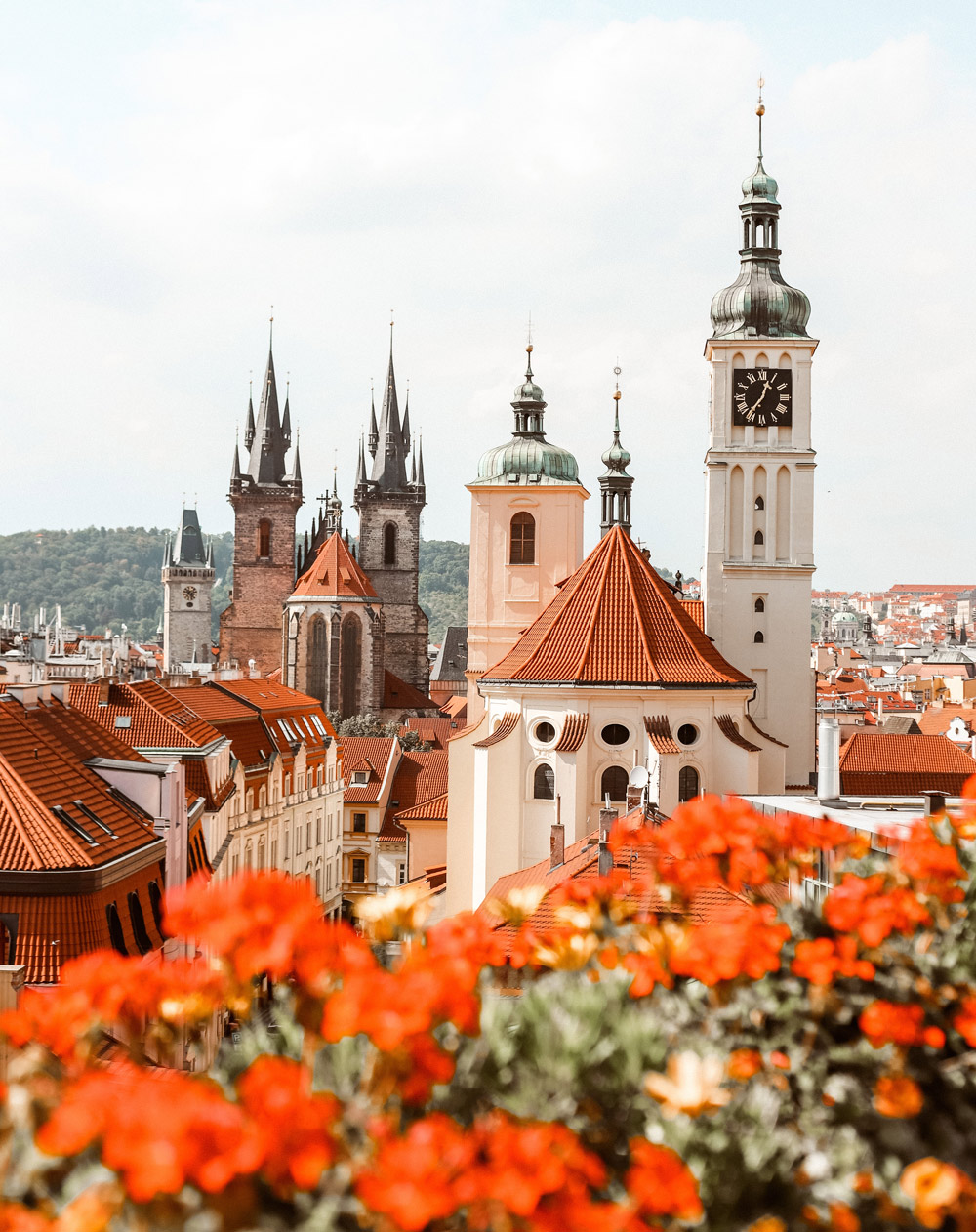Prague – Heart of Europe
For more than one thousand and one hundred years, visitors to Prague have been trying to give Prague a suitable name: stone Prague, golden Prague, magic Prague, hundred-spired Prague, Prague, mother of the all cities... Each of these highlight one of its many attractive features.
Hundred-spired Prague – as this name suggests, Prague is the city of architectural treasures. It might be impossible to count all the large and small spires of Prague churches, palaces and houses.
This city has been developing for more than one thousand years, in the
course of time many memorable buildings have been built. In spite of
often having been destroyed, Prague was able to keep its enormous
legacy. It excels in Romanesque monuments; it is known as a
world-renowned work of Gothic city planning. The re-catholicization of
the country was accompanied by a remarkable development of the Baroque
style. Hundreds of artists, mainly from Italy and Germany, gave Prague
its Baroque appearance, which the city has been preserving since that
time. The countenance of Prague reflects every cultural period and every
artistic style.
The name Magic Prague is known all over the world.
Doctor Faust's Prague, Golem's Prague - this name was given to the city
after the mythical clay giant symbolizing Jewish magic. Rudolphian
Prague - after Emperor Rudolf II, who contributed to its reputation to a
great extent. This emperor of alchemists, the admirer of occultism and
Maecenas gathered in Prague one of the biggest collections of art of
that time. The remains of this collection, still preserved in Prague,
are remarkable. However, the emperor left behind something that cannot
be taken from the city - the atmosphere of mystery.
